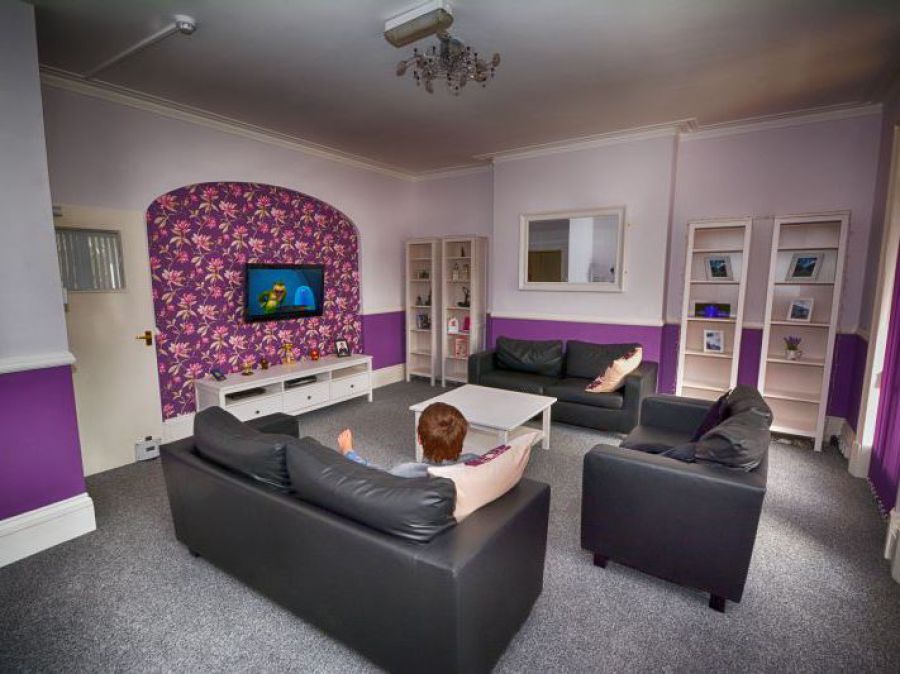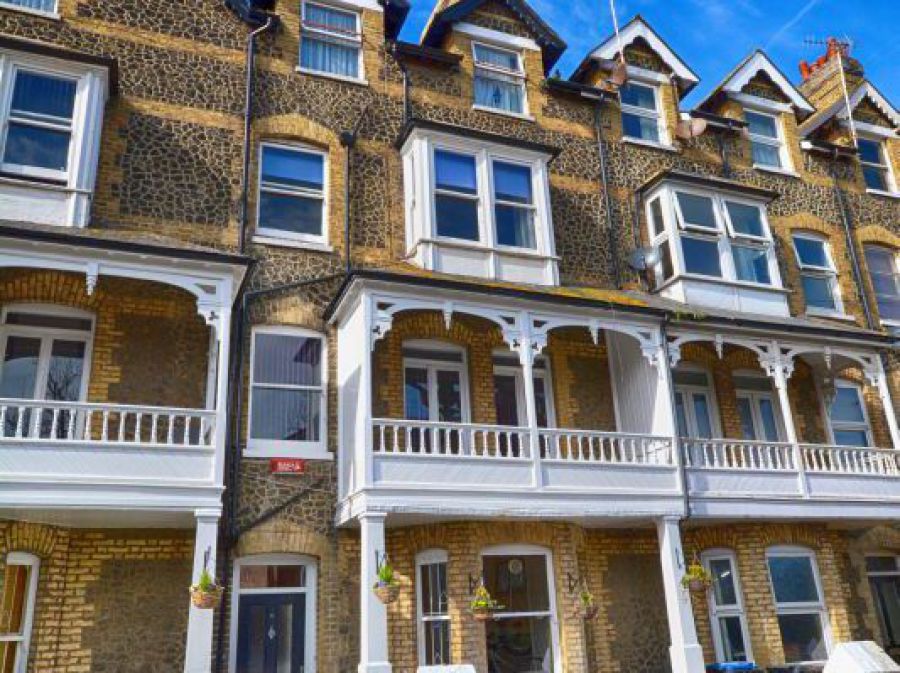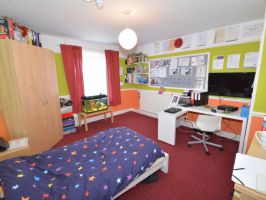Royal Oak House
Royal Oak House - A 'Good' Children's Home
" Children living in the home are relaxed, happy and having their needs met well. Managers and long-standing staff have developed strong, loving connections with children, who seek them out for affection and to talk about their day. Managers and staff use playful and humorous approaches to engage with children on a level that they respond to. As a result, children are settled, have built trusting relationships and feel confident about asking for help when they need it.
Children have made good progress from their starting points. Boundaries and encouragement have helped them settle, become more independent and learn how to manage emotions. This means that children can cope with daily routine and difficult situations with more resilience. They have learned important life skills and how to socialise with other children.
Children’s health needs are well supported. Children attend routine appointments and staff seek specialist support for any individual health concerns. When children face difficulties with personal care, they are reassured and sensitively helped to find ways of managing them in a positive way.
Staff help children to engage positively with education. Children’s attendance at school is good. They are encouraged to complete homework and fun educational activities created by the home. One child who was not going to school has been helped to overcome personal barriers and is now attending regularly for the first time. Their successes with this are acknowledged and praised.
Children are helped to see the people who are important to them. Managers take action to maintain relationships in complex situations and keep the child’s best interests at the centre of plans. As a result, children are helped to see family and enjoy spending positive time with them. If children do not have family, managers are mindful that they have an independent person to talk to.
Since the last inspection, improvements have been made to the home and it is comfortable and welcoming. Shared spaces are colourful and inviting, with space for children to play or have quiet time. Children love their bedrooms, which have been personalised to their individual preferences. "
Ofsted Inspection - September 2025 - Full report available by request
Residential Care
Royal Oak House is registered to accommodate three young people with emotional and behavioural difficulties.
Since 2009 we have primarily worked with young people with mild to moderate learning difficulties and these young people have gone on to make some exceptional progress in their personal development despite some complex needs and associated learning disabilities.
The home is situated in a largely residential village and is indistinguishable from other family homes and provides a homely environment which is both warm and friendly ensuring that the young people feel safe and secure.
The staff team have received a wide range of training courses to meet the variety of needs that the young people display. The young people benefit from the staff team at Royal Oak having strong links to support their educational and health needs which involves collaborative working with other agencies to ensure that the young people receive the most appropriate service.
We offer personalised care planning and identify clear strategies of support in meeting their complex needs.
The young people receive substantial support to prepare them for a successful transition into their adult life and this support is adapted to meet individual needs to enable each young person to take some responsibility and informed decisions for example using public transport or arranging routine health appointments.
At Royal Oak, the young people benefit from excellent levels of care and support from a dedicated staff team. It is evident that the supportive and warm relationships that exist between the young people and the staff team promote a nurturing environment that enhances the young person’s self-esteem and enables them to grow in confidence and recognises that they are valued and cared for.
The staff team understand the importance of encouraging the young people to take responsibility for their behaviour and decisions supporting them when they make poor choices. The staff team have a good understanding that any behaviour that the young people display is a form of communication and recognise that it invariably reflects their thoughts, feelings and needs. The staff team recognises that by building strong relationship between the young people and themselves contributes to a safe environment where they can express themselves knowing they will be helped and comforted if upset. There is a strong emphasis on inclusion and the young people are routinely involved in contributing to day to day decisions about their progress, which promotes a positive outlook and experience of being looked after and cared for.
Education
The home is directly affiliated to both our DfE registered, specialist SEMH schools: The Davenport Primary School and The Old Priory Secondary School.
The respective school and the home work in close partnership to ensure continuity in respect of learning support, achieving developmental goals and behaviour management.
The Davenport School (Key Stage 2: 7-11yrs) offers a differentiated curriculum in order to meet the individual learning needs of each young person. The school operates with small group settings where children are closely supported and supervised by a qualified teacher and learning support assistants.
The Old Priory School (Key Stages 3 & 4: 11 – 16yrs) offers the national curriculum allowing for GCSE study in essential subject areas, alongside alternative, differentiated curriculums, including ASDAN and City & Guilds NPTC vocational awards, both of which lead to nationally recognised qualifications.
Assessment & Therapy
Children and young people residing in our care have access to a range of assessment and therapy services including:
- Psychological Assessment
- Psychotherapy
- Systemic Therapy
- Cognitive Behavioural Therapy
- Speech & Language Therapy
- Equine Therapy
- Music Therapy
- Drama Therapy
- Art Therapy
- Play Therapy
All therapy referrals are overseen by the organisation’s dedicated Therapy Services Manager in consultation with the allocated social worker and other key stakeholders as appropriate.
Our assessment and therapy services are an inclusive element of our residential care provision and attract no additional funding requirement.
Health Support
In addition to our therapy services and panel of consultants, each of our homes have direct access to a health promotions worker and, in the event of any significant health concerns arising, oversight from a registered, dual diagnosis nurse. This ensures effective, professional guidance in respect of health profiling, together with the immediate and ongoing health needs of each individual child and young person placed in our care.










